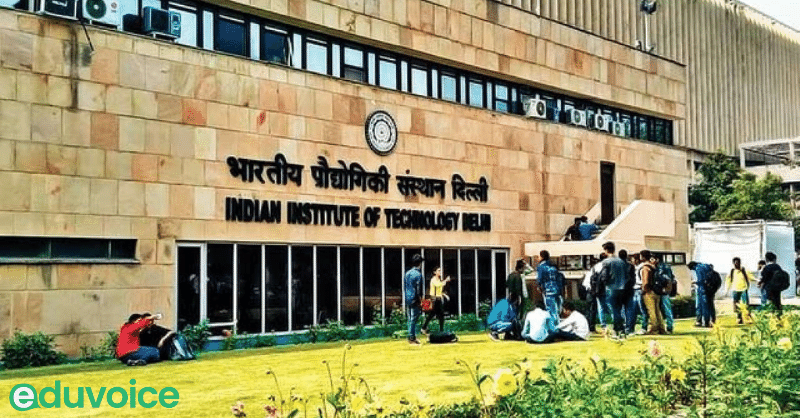By Nafisa KhatoonMany students used to pursue it as an elective course as it was a scoring paper and real learning was taking a backseatUniversity Grants Commission (UGC) has outlined a new curriculum framework for all HEIs to introduce Environmental Education as a main subject across all disciplines. The HEIs will have to include four-credit […]
Tag Archives: Btech
IIT Delhi has launched a new UG programme BTech in Energy Engineering and students who have qualified for JEE Advanced are eligible to apply. The programme will be offered by IIT Delhi’s Department of Energy Science and Engineering. The new programme will start from the academic session 2021-2022 with an intake of 40 students. The […]
IIT Delhi is in the process of establishing a new department named, ‘Department of Energy Science and Engineering’ essentially for expanding the scope and depth of activities being undertaken by the 45-year-old Centre for Energy Studies (CES). A new BTech program on energy engineering will also be on offer from this year. The institute’s board […]


